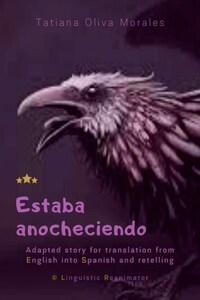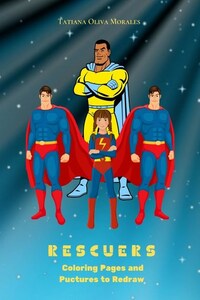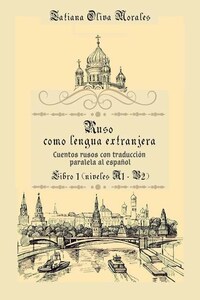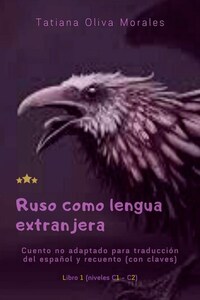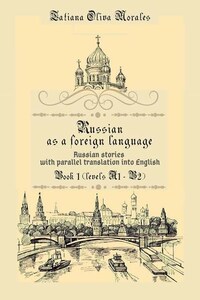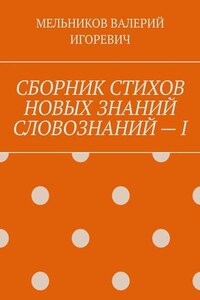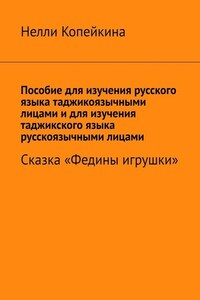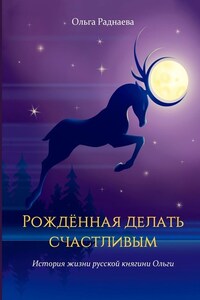It was getting dark (anochecer). Yegorych was in high spirits (estar de buen humor) – that day (ese día) at exactly 19:00 (exactamente a las 19:00) he was going to watch (ir a ver) the next (… próximo) football match (partido de fútbol) on (in) the brand-new TV set (… nuevo televisor), which (que) he had just bought (acabar de comprar) at (en) a local rural store (… tienda rural local).
To reach (para alcanzar) total pleasure (… placer total) from (de) the upcoming process (próximo proceso), he had previously (previamente) prepared (preparar) cold beer (cerveza fría) and (y) dried fish (pescado seco).
And at the appointed hour (a la hora fijada), he turned on (encender) the TV (… televisor), positively appreciating (apreciar positivamente) stereo sound effects (efectos de sonido estéreo) and the brightness of the displayed picture (calidad de la imagen mostrada),
sipped (sorber) some cold foaming drink (un poco de bebida espumosa fría) out of (de) his (su) favorite mug (jarra favorita) and delved into the visualization (profundizar en la visualización).
But (pero) at the most intense moment (… momento más intenso) of (de) the game (… partido), something suddenly went wrong (de repente algo salir mal) on (en) TV (… televisión), and in a moment (en un momento) the screen (… pantalla) turned (volverse) completely black (completamente negro..).
– Oh, you’re winged crap (¡Oh!, una porquería alada), you’ve sat down (volver a sentarse) on (en) the antenna again (-), Styopka, holy shit (, ¡qué coño!)! – Yegorych cursed annoyingly (Yegorych maldecir irritado), and went (salir) into (a) the yard (… patio).
He cast an angry glance (lanzar una mirada furiosa) at (a) the roof (… tejado) of (de) his (su) house (casa) and saw (ver) there (allí) what (lo que) he had expected (esperar) to see – the winged crap Styopka (a la porquería alada, a Styopka), who (que) first (primero) sat (sentarse) quietly (en silencio) on () the television antenna (… antena de televisión),
but (pero) on seeing (ver) its (-)! owner (dueño de esa), he began (comenzar a) to dance (bailar) on (sobre) it (ella), and, in addition (además), to draw a long and belligerent croak (emitir graznidos largos y beligerantes).
– Well, get out of here, Styopka (Bueno, ¡sal de aquí, Styopka), fly (volar)! home (tu casa), and sit down (sentarse) on (en) your own (tu propio..) antenna! – shouted Yegorych menacingly (gritar amenazadoramente Yegorych),
taking off (quitarse) his tarpaulin boot (su bota de lona), by which (con la cual) he intended (tener la intención de) to shoot (derribar)! the impudent bird (… insolente pájaro) down (-).
